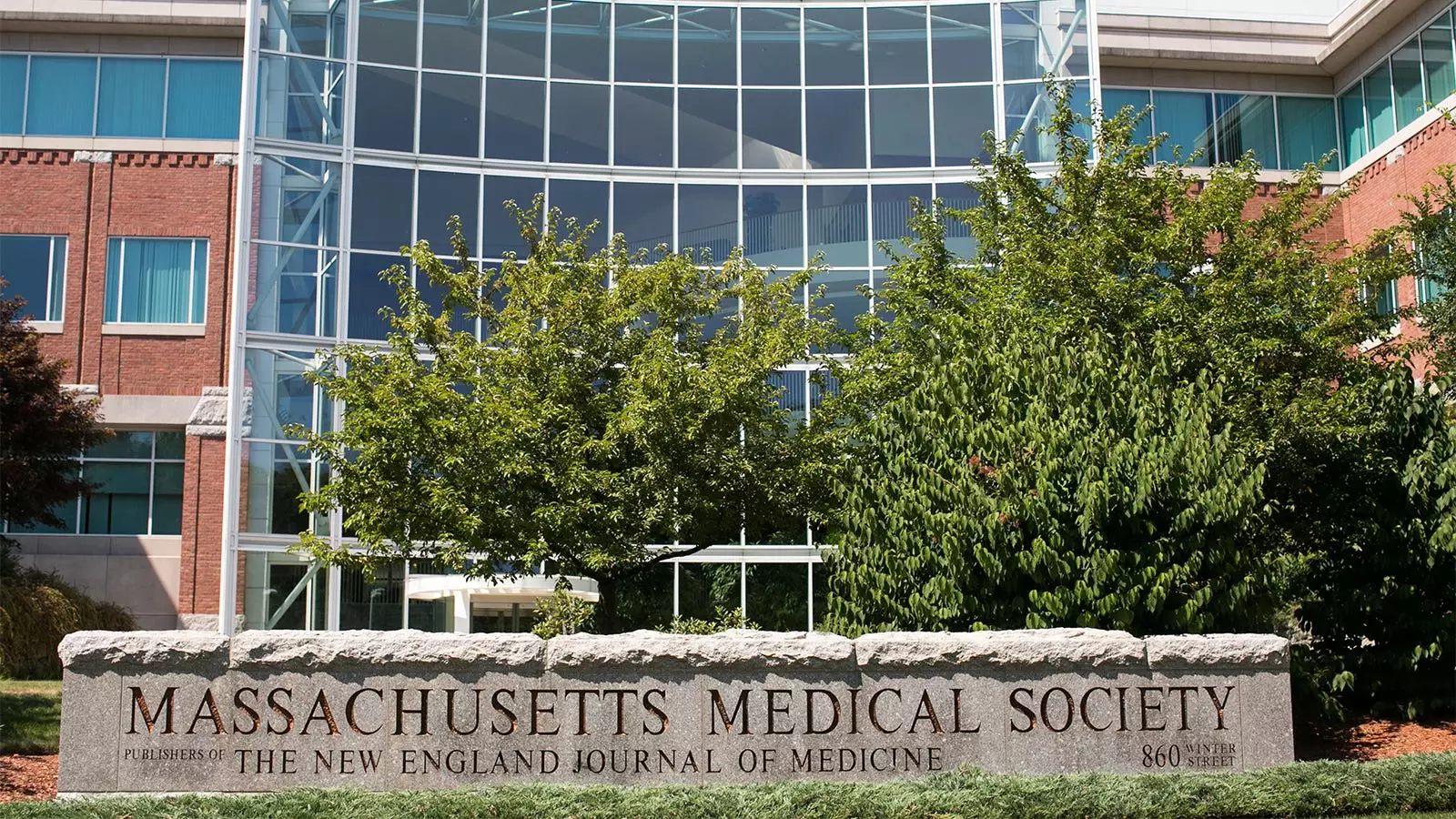The New England Journal of Medicine (NEJM) has recently announced that it will be limiting access to embargoed journal articles for certain publications. According to Dawn Peters, director of strategic communications & media relations at NEJM Group, news outlets that cater to physician readers will no longer meet the criteria for embargoed access. This decision has raised questions and concerns among journalists and readers alike.
While the exact reason for this change in policy hasn’t been explicitly stated, Peters mentioned that the landscape of medical publishing has evolved significantly since NEJM first introduced its embargoed access policy. With NEJM Group now encompassing several journals that cater to physicians and clinical professionals, the need to reassess media access has become apparent. The growing number of media outlets focused on medical professionals also played a role in this decision.
Renowned medical journalist Ivan Oransky, MD, who has extensive experience in reporting on healthcare topics, expressed concerns about the implications of NEJM’s decision. He believes that restricting access to embargoed articles for publications targeting a clinical audience may hinder the free flow of critical clinical information. Oransky emphasized the importance of transparency and access in medical reporting, pointing out that the embargo system was designed to ensure accurate and thorough coverage of medical studies.
George Lundberg, MD, former editor-in-chief of JAMA, echoed Oransky’s sentiments, noting that the embargoed access system has primarily been about protecting a journal’s image and market share. While NEJM’s updated policy may not directly affect all freelancers, the revised criteria for eligibility have sparked debate within the medical journalism community. The shift towards prioritizing publications that serve the general public has left some questioning the fairness and practicality of the new guidelines.
When asked about the impact on physician-focused publications like Medscape and Healio, Peters stated that each application for access would be evaluated on a case-by-case basis. However, concerns remain regarding the potential impact on the diversity of voices and perspectives in medical journalism. Critics argue that limiting access to embargoed articles for certain publications may stifle innovation and prevent important medical information from reaching a wider audience.
NEJM’s decision to restrict access to embargoed articles for specific publications has stirred controversy within the medical journalism community. While the journal aims to adapt to the changing landscape of medical publishing, concerns about transparency, competition, and market dynamics have been raised. As the debate continues, it remains to be seen how this decision will impact the future of medical reporting and access to vital healthcare information.

Leave a Reply